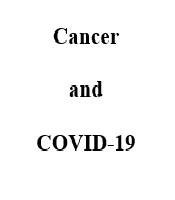Dear Editor,
In the present century, the prevalence of cancer has been on the rise (1). This caused many of the patients with cancer to be hospitalized. In order to maintain their health, these patients must adhere to the recommended treatment by their physicians and be able to maintain their health by self-care as much as possible (2, 3).
Due to the side effects of injective drugs and frequent hospitalization, medical personnel has to use a variety of vascular access. One of these vascular accesses is the port cath. This type of catheter is used for chemotherapy, intravenous nutrition, blood sampling and transfusion of blood products, antibiotic therapy, and other drug administration. Apart from the widespread use of this type of catheter, it may have complications such as pneumothorax, bleeding, and infection. One of the most important factors in reducing these complications is adherence to proper treatment and self-care by patients. on the other hand, the frequent referral to the hospital may lead to nosocomial infection (2, 4, 5).
COVID-19 is one of the most important pandemic diseases that can quickly spread from person to the person and lead to infection (6, 7). Patients with cancer have a weakened immune system. This factor plays an important role in COVID-19 infection and subsequent death. It must be completely observed sterile conditions for the treatment of these patients. However, vascular access may be difficult and may have to send the patient to the operating room in an emergency.
It is recommended to educate patients with cancer how to self-care for their vascular access. The healthcare system can also prevent the complications of the vascular access by providing online video or audio classes, as well as frequent follow-up of these patients, and provide a basis for the general prevention of COVID-19.

.png)